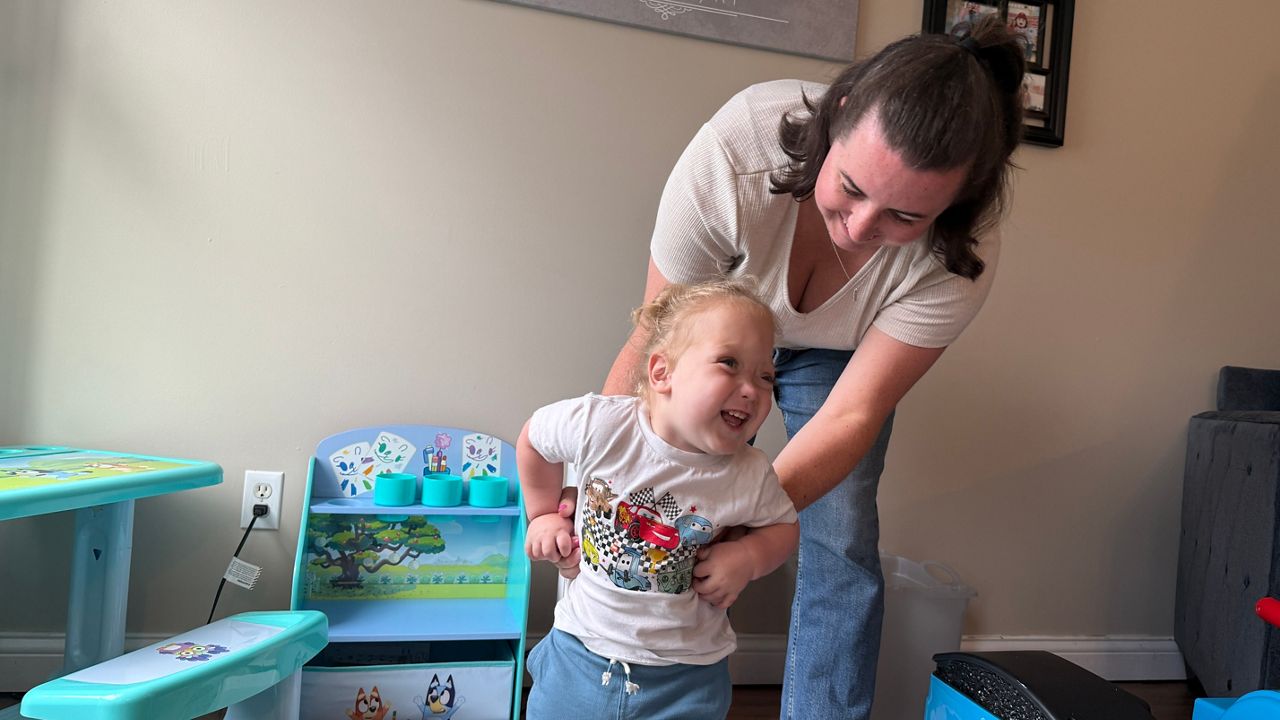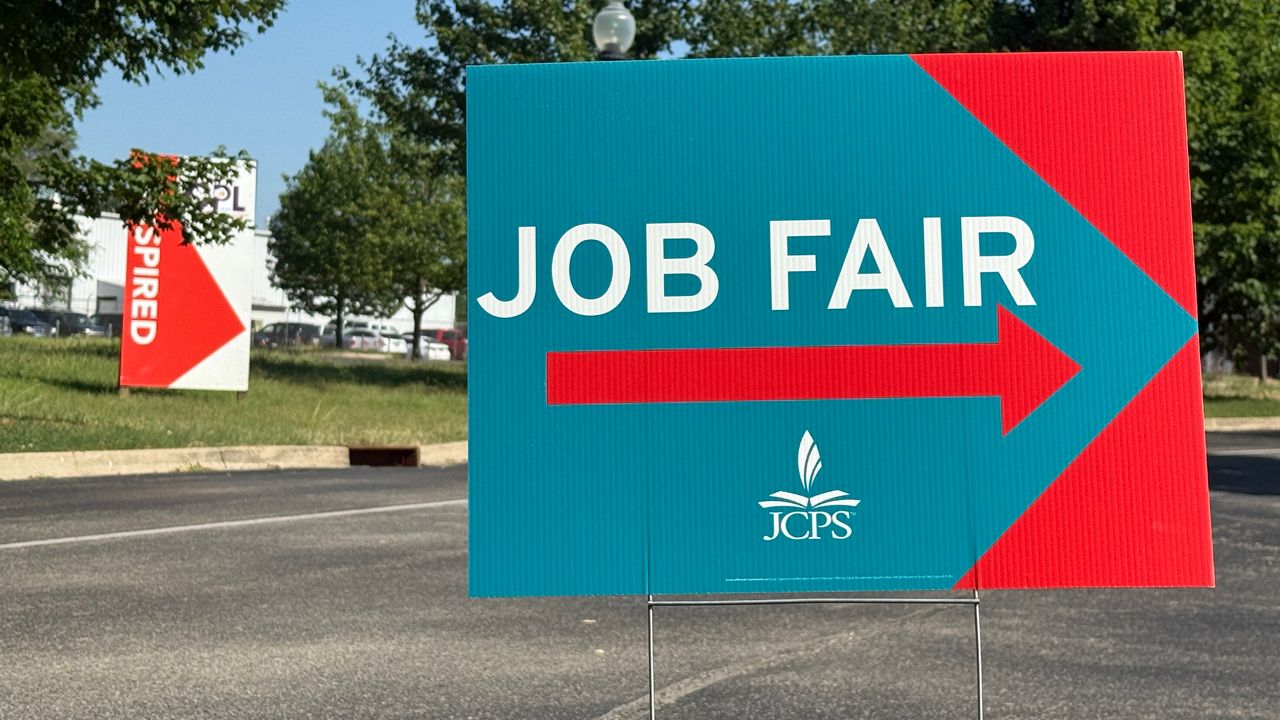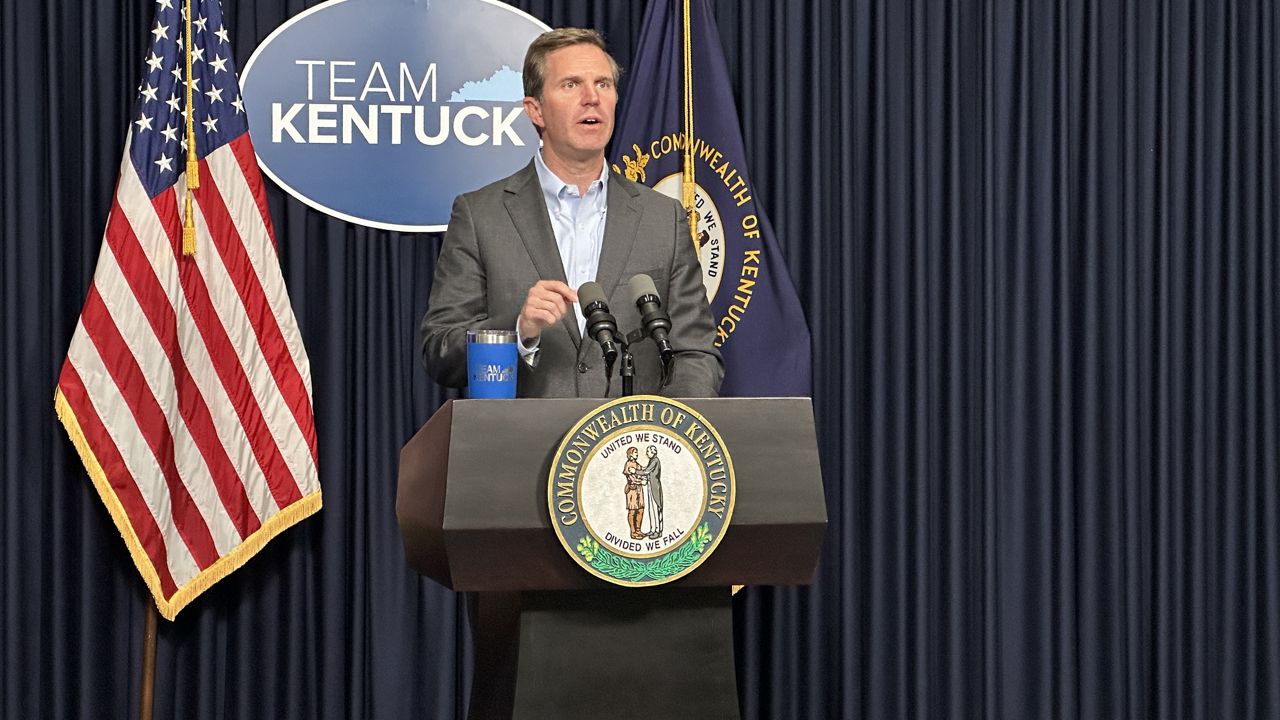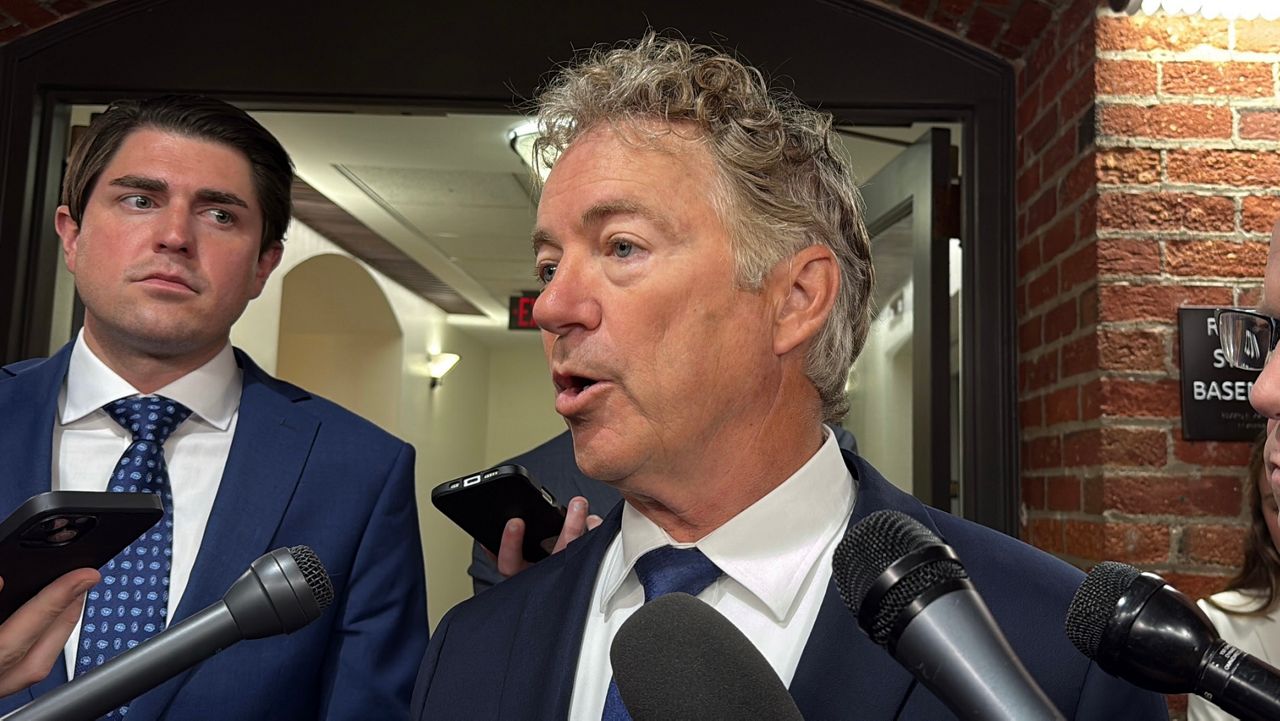BURLINGTON, Ky. — As President Donald Trump’s big bill of tax breaks and spending cuts works its way through Congress, physicians and parents in the commonwealth are sounding the alarm for the potential effects it could have on Medicaid.
Hannah Sachs said she considers Medicaid a blessing for her family.
Her son Liam was born with encephalocele, a rare birth defect in which the skull doesn’t fully close.
It led to a plethora of health complications, including an 11-hour brain surgery and a cerebral palsy diagnosis.
Thankfully, Sachs said, through Kentucky’s Home and Community-Based Waiver, Liam qualified for Medicaid and those medical expenses were fully covered.
“At eight months old, he had already racked up well over a million dollars in medical expenses,” she said. “From NICU stays, in-patient stays, surgeries, follow-ups, all these things, it was well over a million dollars. And we didn’t have to pay for that.”
Liam is now two years old and attends a day care that caters to his needs, but his mother worries the bill may upend that.
As it stands, the bill would make significant cuts to social programs such as Medicaid, Medicare and SNAP.
Dr. Thomas Stone, a retina surgeon, said independent medical practices also need Medicare reimbursement money to stay afloat.
“We’ve gotten a 30% cut over 20 years for doing the same amount of work, and what that does is it prices out physicians and their practices out of the market,” he said. “They sell off to large hospital organizations and then you lose that access in the rural areas.”
Stone said cuts would create a strain on his patients who drive hours for medical needs.
“When you come in with a very serious medical problem, especially a surgical eye problem, you want the doctor, the staff to be educated, caring,” he said. “You want the best staff to do that. It’s hard to find good staff and pay them what today is a living wage when your reimbursements are essentially being cut year after year.”
The bill is heading back to the House after it narrowly passed in the Senate.
The nonpartisan Congressional Budget Office estimates the bill would add more than $3 trillion to the national deficit if passed.
For Sachs, the price to make sure her son still has access to medical care is immeasurable.
“I think that his life would look a lot different without it, and we’re just very fortunate that he has grown and developed the way that he has,” Sachs said. “A lot of it is linked back to having Medicaid and to not have that is a lot.”
Correction: A previous version of this story incorrectly said medical practices need Medicaid reimbursement. The error has been corrected. (July 10, 2025)










